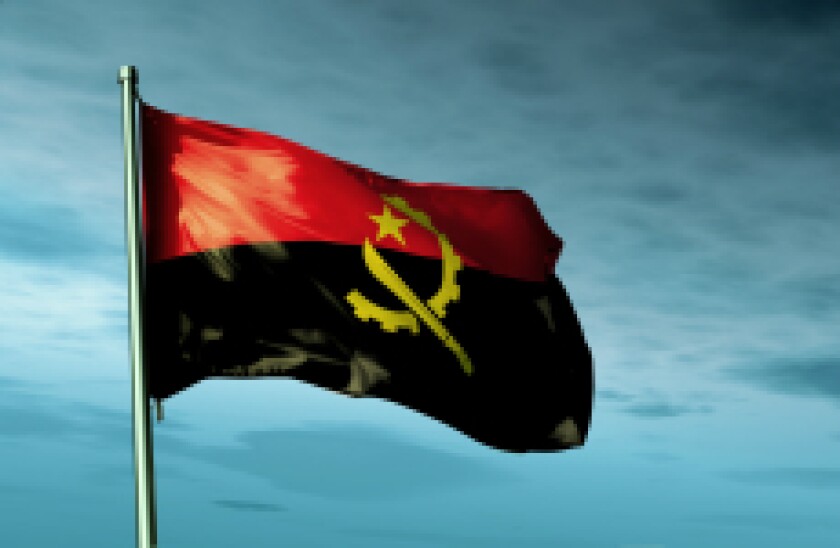Bond chat dulls shine on Angola IMF rally

The Republic of Angola's bonds rallied some 40bp on Monday after its ministry of finance said that it had sought financial support from the International Monetary Fund, but lost some of those gains as rumours of new dollar issue surfaced.
Unlock this article.
The content you are trying to view is exclusive to our subscribers.
To unlock this article:
- ✔ 4,000 annual insights
- ✔ 700+ notes and long-form analyses
- ✔ 4 capital markets databases
- ✔ Daily newsletters across markets and asset classes
- ✔ 2 weekly podcasts
